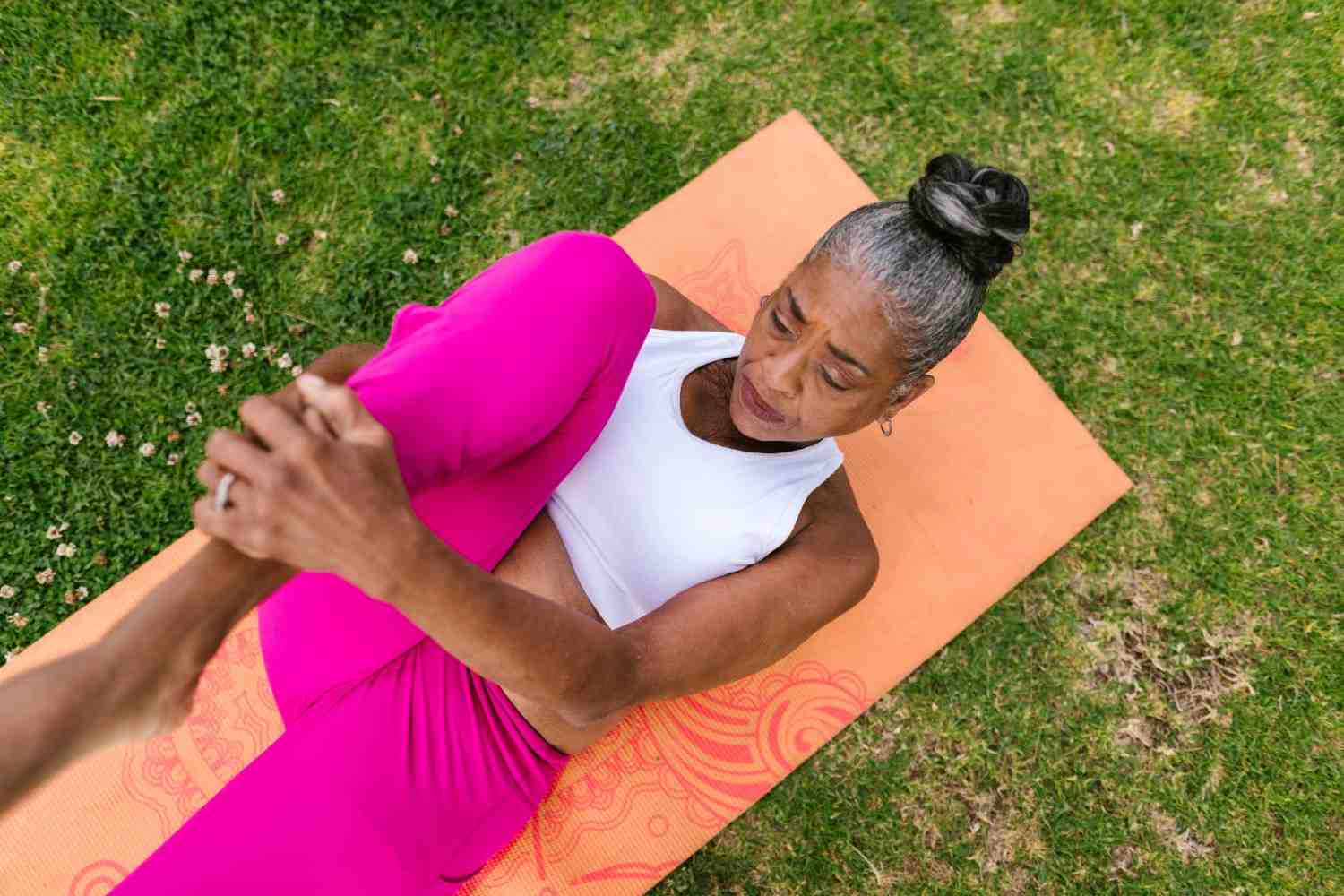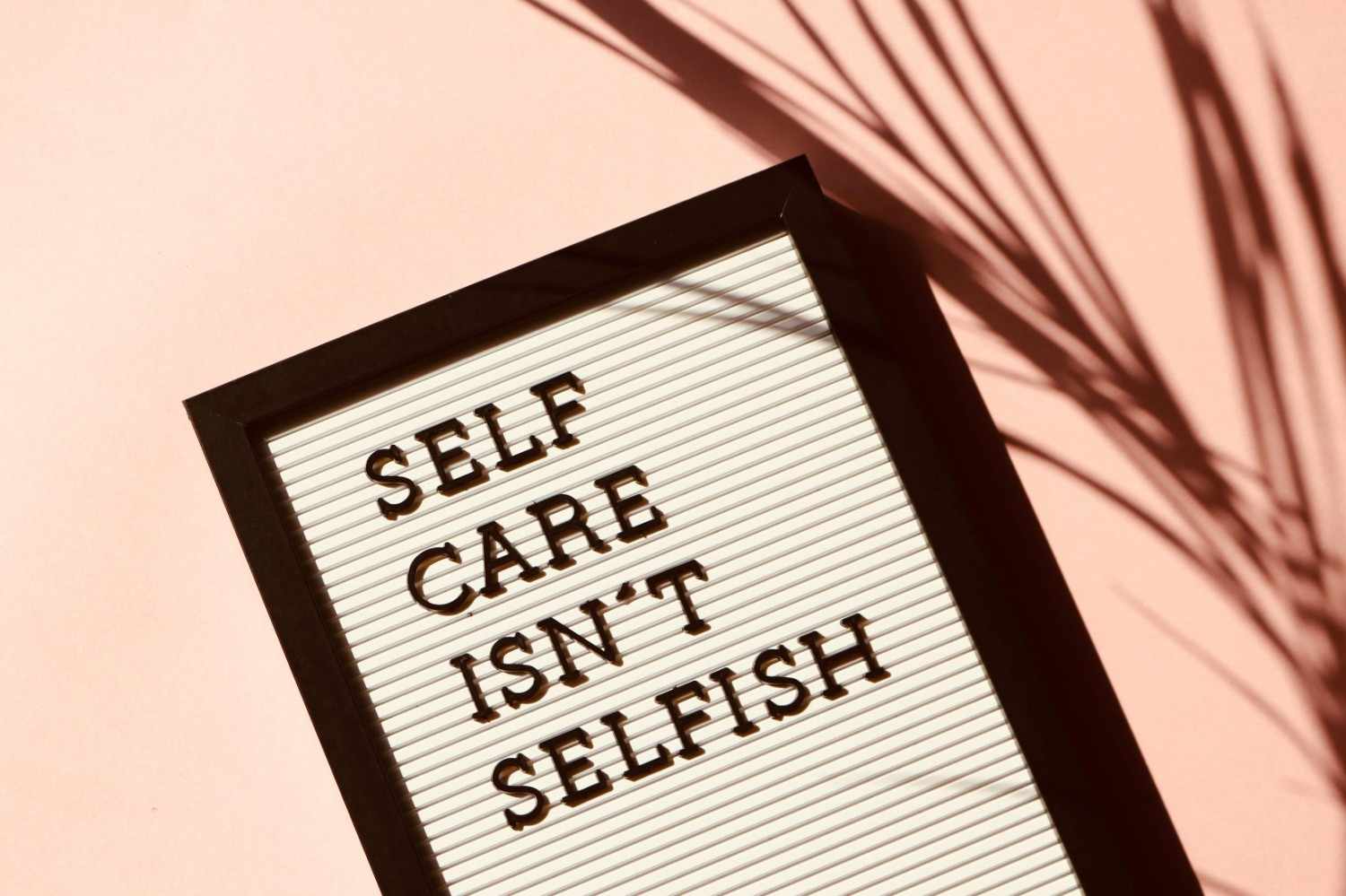In the relentless rush of modern life, "self-care" has become a buzzword, often commercialized into a picture of expensive spa days and bubble baths. But true self-care is not a luxury or an occasional indulgence; it is a "vital, non-negotiable practice" of health maintenance. It is the quiet, consistent, and sometimes unglamorous work of listening to what your mind and body need, and then having the self-respect to give it to them. This is not about escaping your life; it is about building a life you don't feel the need to regularly escape from.
Key Points
- True self,care is not an indulgence but a "deliberate and necessary practice" of attending to your physical, mental, and emotional needs to prevent burnout and maintain well,being (1).
- Effective self,care is holistic and should be practiced across "five key dimensions": physical, mental, emotional, social, and spiritual, to ensure a balanced approach to health.
- The biggest barriers to self,care are often internal, such as guilt and the belief that it is selfish. Overcoming these requires reframing self,care as an "essential act" that enables you to better care for others.
- Building a sustainable routine starts with "micro,habits," small, manageable actions that can be consistently integrated into your day, rather than overwhelming, large,scale changes.
- A proactive self,care routine is fundamentally different from reactive coping mechanisms; it is about "prevention and maintenance," not just damage control after stress has already taken a toll.
Introduction: Beyond the Bubble Bath
In the relentless rush of modern life, "self,care" has become a buzzword, often commercialized and diluted into a picture of expensive spa days, trendy skincare products, and luxurious bubble baths. While these things can certainly be enjoyable, this narrow, indulgent view misses the profound and essential truth of the practice. True self,care is not a luxury or an occasional reward; it is a "vital, non,negotiable practice" of health maintenance. It is the quiet, consistent, and sometimes unglamorous work of listening to what your mind, body, and spirit need, and then having the self,respect to give it to them.
This is not about escaping your life; it is about building a life you do not feel the need to regularly escape from. It is the practical, day,to,day application of the principles we discussed in Embracing Imperfections. This article, by psychologist Dr. Anya Sharma, will serve as your practical blueprint for building a meaningful and sustainable self,care routine. We will deconstruct the myths, explore the five essential dimensions of well,being, and provide actionable strategies to help you move from a state of chronic stress and depletion to one of balance, energy, and inner peace. All information is current as of September 14, 2025, at 11:17 AM GMT.
The Science of "Filling Your Cup": Why Self-Care is Not Selfish
One of the biggest obstacles to practicing self,care is the pervasive feeling of guilt. Many of us, especially those in caregiving roles, are conditioned to believe that prioritizing our own needs is selfish. The science, however, tells a very different story. Chronic stress, without adequate recovery, has a measurable and detrimental effect on our health. It floods the body with the stress hormone cortisol, which, over time, can lead to a host of problems, including a weakened immune system, high blood pressure, anxiety, and depression.
Self,care practices are the "antidote" to this chronic stress response. Activities like mindfulness, exercise, and getting enough sleep actively engage the body's "parasympathetic nervous system," also known as the "rest and digest" system. This calms the body, lowers cortisol levels, and allows for physical and mental restoration. The popular "oxygen mask on an airplane" analogy is perfectly apt: you must secure your own mask before you can effectively help others. A self,care routine is not selfish; it is a "prerequisite" for being a present, patient, and effective parent, partner, friend, and professional.
The Five Dimensions of a Holistic Self-Care Plan
A truly effective self,care plan is balanced and holistic. It acknowledges that we are complex beings with a range of needs. Focusing on only one area, like physical exercise, while neglecting emotional health, is like trying to balance a stool with only one leg. Here are the five key dimensions to consider when building your routine.
1. Physical Self-Care
This is the dimension most people think of, but it is often oversimplified. It is about honoring your body as the vessel that carries you through life. It is not about punishing workouts or restrictive diets.
- Sleep Hygiene: Prioritize 7,9 hours of quality sleep per night. This is the foundation upon which all other well,being is built. Create a relaxing wind,down routine, avoid screens before bed, and keep your bedroom dark and cool.
- Nourishing Nutrition: Focus on eating whole, nutritious foods that give you energy. This is not about "good" or "bad" foods, but about listening to your body and fueling it with what makes it feel good. Drink plenty of water.
- Mindful Movement: Find a form of movement you genuinely enjoy. It could be dancing in your living room, a gentle walk in nature, stretching, yoga, or lifting weights. The goal is to celebrate what your body can do, not to force it into a mold.
- Rest and Recovery: Recognize that rest is productive. Schedule downtime into your day and week where you are not obligated to do anything.
2. Mental Self-Care
This involves caring for your mind and creating a healthy inner environment. It is about being a good steward of your attention and thoughts.
- Mindfulness and Meditation: As we explored in Mindfulness in Recovery, these practices train you to observe your thoughts without judgment, reducing stress and increasing focus. Even five minutes a day can make a difference.
- Journaling: Writing down your thoughts and feelings is a powerful way to process them. It can provide clarity, release pent,up emotions, and help you identify negative thought patterns.
- Digital Detox: Intentionally unplug from screens. The constant influx of information and comparison on social media can be mentally exhausting. Set aside specific times to be device,free, especially during meals and before bed.
- Lifelong Learning: Engage your curiosity. Read a book, listen to a podcast, or learn a new skill that has nothing to do with your job. Keeping your mind active and engaged is a powerful form of mental self,care.
3. Emotional Self-Care
This is the practice of becoming intimate with your own emotional landscape. It involves acknowledging, honoring, and appropriately expressing your feelings.
- Feel Your Feelings: Give yourself permission to feel the full spectrum of human emotion without judgment. Name your feelings ("I am feeling sad," "I am feeling angry"). This simple act can diffuse their power.
- Practice Self-Compassion: Treat yourself with the same kindness you would offer a friend. When you make a mistake, respond with gentle understanding rather than harsh criticism. This is the essence of Daily Affirmations and self,love.
- Set Healthy Boundaries: Learn to say "no" to requests that drain your energy or violate your values. A boundary is an act of self,respect.
- Seek Professional Support: Therapy is not just for crises. It is a powerful form of emotional self,care, providing a safe space to process your experiences with a trained professional.
4. Social Self-Care
As human beings, we are wired for connection. Social self,care is about intentionally cultivating a supportive and life,giving community around you.
- Nurture Your Core Relationships: Invest quality time in the people who lift you up. This is not about the number of friends you have, but the quality of your connections.
- Set Boundaries with Draining People: Recognize which relationships leave you feeling depleted and lovingly limit your exposure to them.
- Practice Vulnerability: Share your true self with trusted friends. Authentic connection is built on the willingness to be seen. This is crucial for building healthy partnerships, as discussed in Self-Love and Relationships.
- Ask for Help: A strong person knows when to ask for support. Reaching out when you are struggling is a sign of self,awareness and strength.
5. Spiritual Self-Care
This dimension is not necessarily religious, though it can be for some. It is about connecting with something larger than yourself and nurturing a sense of meaning and purpose.
- Spend Time in Nature: Go for a walk in a park, sit by the water, or simply look up at the sky. Connecting with the natural world can be deeply grounding and restorative.
- Engage in a Contemplative Practice: This could be meditation, prayer, or simply quiet reflection.
- Connect with Your Values: Regularly check in with yourself to ensure your daily actions are aligned with your core values.
- Practice Gratitude: Make a daily habit of noticing and appreciating the good things in your life, no matter how small.
How to Build Your Self-Care Routine: A Step-by-Step Guide
- Identify Your Needs: Take a quiet moment to check in with yourself. Using the five dimensions above, ask: "Where do I feel most depleted? What part of me is crying out for attention?" Be honest with yourself.
- Start with Micro-Habits: Do not try to overhaul your entire life overnight. This leads to overwhelm and failure. Start incredibly small. If you want to meditate, start with one minute. If you want to journal, start by writing one sentence. The goal is to build consistency, not to achieve a huge goal immediately.
- Schedule It: Treat your self,care activities with the same importance as a doctor's appointment or a work meeting. Put them in your calendar. A vague intention to "rest more" will be eaten alive by your to,do list. A scheduled 15,minute "quiet tea break" at 3 PM is much more likely to happen.
- Create a "Self-Care Toolkit": Make a list of activities, both big and small, that you know help you feel better. When you are feeling stressed or overwhelmed, you will not have the mental energy to come up with ideas. Having a pre,made list you can turn to is invaluable.
- Be Flexible and Forgiving: There will be days when you miss your routine. That is okay. The goal is not perfection. The goal is to consistently return to the practice. If you miss a day, do not fall into all,or,nothing thinking. Simply start again the next day with self,compassion.
Comparison: Proactive Self-Care vs. Reactive Coping
| Aspect | Reactive Coping | Proactive Self-Care |
|---|---|---|
| Timing | Done "after" you are already stressed, overwhelmed, or burnt out. It is a form of damage control. | Done "regularly and preventatively," even when you feel good, to maintain a baseline of well,being. |
| Motivation | To escape or numb a negative feeling (e.g., binge,watching TV to avoid anxiety). | To genuinely nourish and restore yourself (e.g., taking a mindful walk to calm the nervous system). |
| Typical Activities | Often involves short,term relief that can have negative long,term consequences, like overeating, excessive drinking, or zoning out on social media. | Involves activities that are genuinely restorative and contribute to long,term health, like good sleep, healthy food, and mindful movement. |
| Outcome | Often leads to a cycle of stress, followed by temporary numbing, followed by more stress, sometimes with added guilt. | Builds resilience over time, increasing your capacity to handle stress and reducing the frequency and intensity of burnout. |
Conclusion: The Ultimate Investment
Building a self,care routine is one of the most profound and loving investments you can make in yourself. It is the practice of showing up for yourself with the same care and dedication you offer to the people and projects you love most. It is the foundation that allows you to navigate the inevitable challenges of life from a place of strength, clarity, and grace.
Start today. Pick one small, gentle action from one of the five dimensions and commit to it. Do not wait until you are burnt out. Do not wait until you "deserve" it. You are worthy of care and attention right now, exactly as you are. Your well,being is not a luxury; it is your birthright.








